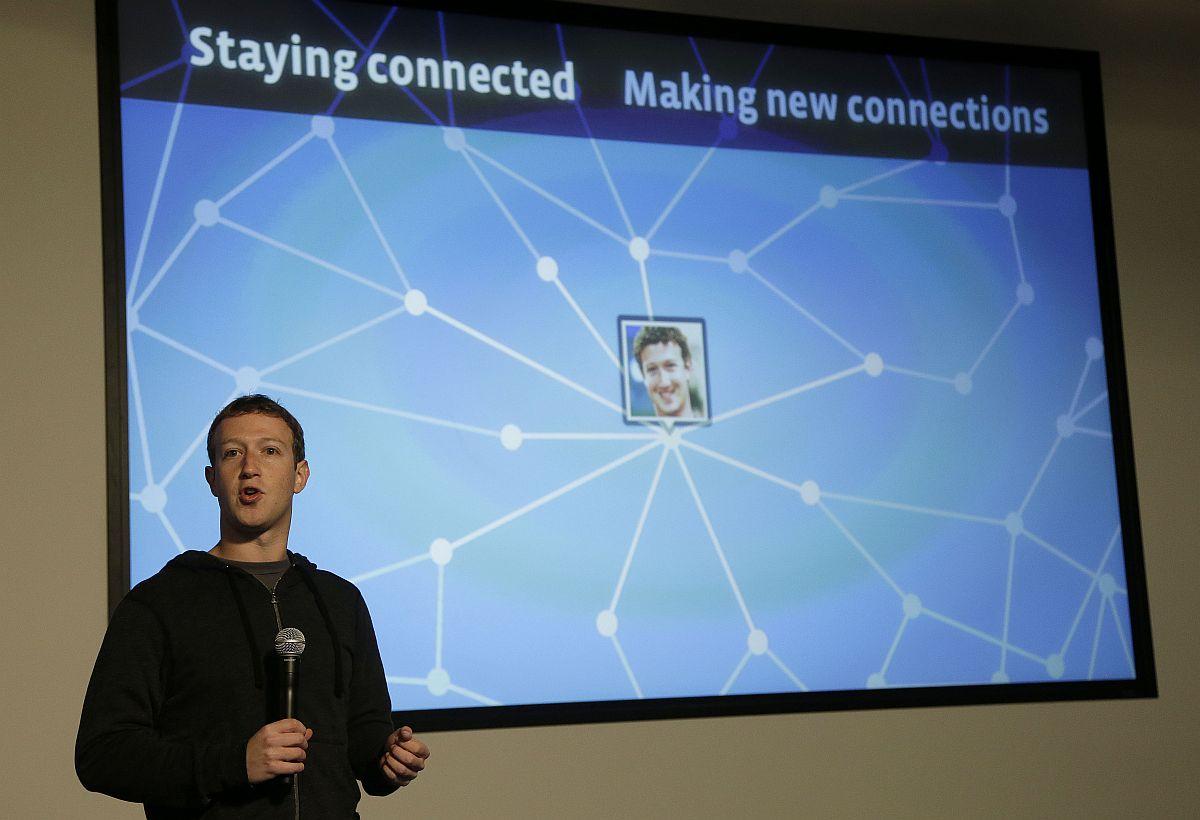Hindsight is always 20/20.
This saying resonated in a Reuterspoll, as Reuters questioned a panel of college graduates on a series of things they wish they had done differently during their college careers.
Among stereotypical answers like wishing they had studied more and partied less, 40 percent of the 861 students surveyed said they wished they had networked more proficiently, but also said “they did not want their children to emulate college dropouts like Zuckerberg.”
In this day and age, the 40 percent concerned with the rampantly growing networking trend are definitely on to something and are cognizant of the fact that this skill holds vast opportunities.
While the grades you make during your undergraduate stint are of the upmost importance, shaking more hands will only improve your opportunities upon graduating.
In fact, if you believe that every undergraduate’s GPA directly correlates with the stature of his or her salary upon leaving school, you are wrong.
Please don’t interpret that I condone or support slacking off if your family owns its own company or your father is a partner in a law firm. I just simply believe that students’ grades cannot be viewed as a direct reflection of their overall capability in their professional careers.
While standardized testing and the tried and true GPA are solid — if not the most — reliable indicators of a student’s abilities, there are exceptions.
Names such as Mark Zuckerberg, Bill Gates and Steve Jobs might ring a bell, as their GPAs disappeared once they dropped out of their respective Ivy League schools.
I am fully aware that going to an Ivy League school says a lot about a person’s ability, but the bottom line is unorthodox career paths carry a negative stigma. They are not associated with the traditional precursors of successful business ventures.
But a ballpark number of a combined $87.3 billion later, the prodigies mentioned above are sitting pretty against the grain of said “negative stigmas” and their not-so-respective 0.00 GPAs.
Unbeknownst to the 40 percent in this survey who had wished they’d taken a more prominent approach in networking, there were people who saw the bigger picture and did just that.
That person was Mark Zuckerberg.
So why not emulate him?
He foresaw a problem, or more so an opportunity within a mass market, and implemented his unique skill set to solve it.
While dropping out of school is the utmost extreme end of the spectrum, things such as determination, researching markets and applying real-life skills that can change or make waves in the economy, are plausible for any student willing to put in the work.
So the 40 percent in this survey who realized they should have networked to a greater extent during their undergraduate years have done a good job of recognizing a specific facet of college life that could have been explored in deeper bounds.
They have also realized that problem as post-graduates.
Maybe emulating a few traits exemplified by Zuckerberg could’ve been a lucrative route.
But then again, hindsight is always 20/20.
John Polivka is a 21-year-old creative writing junior from Houston.





